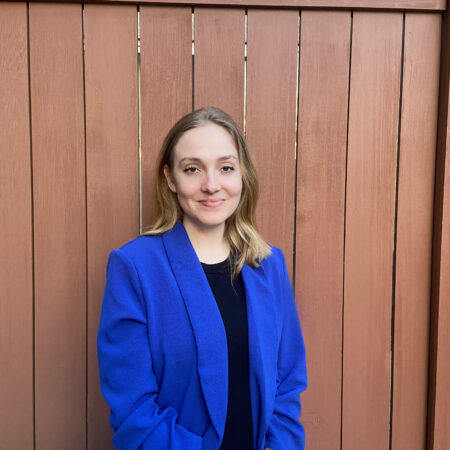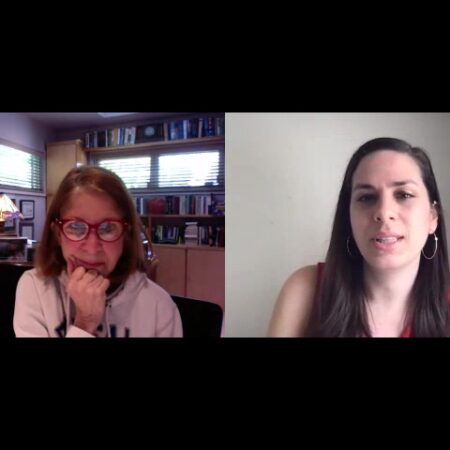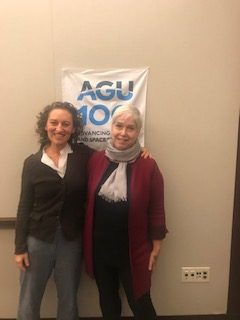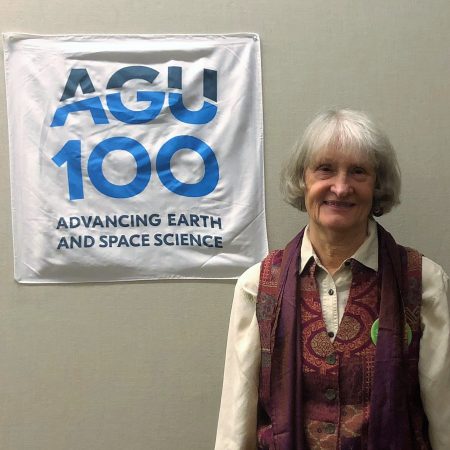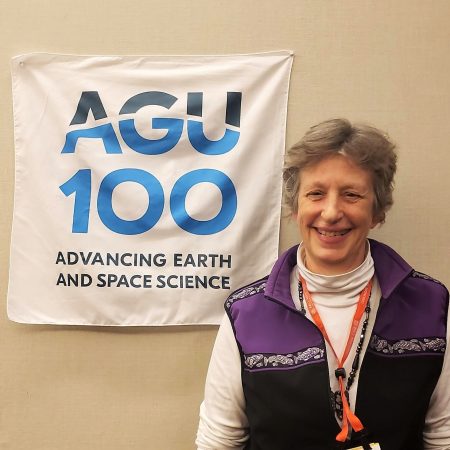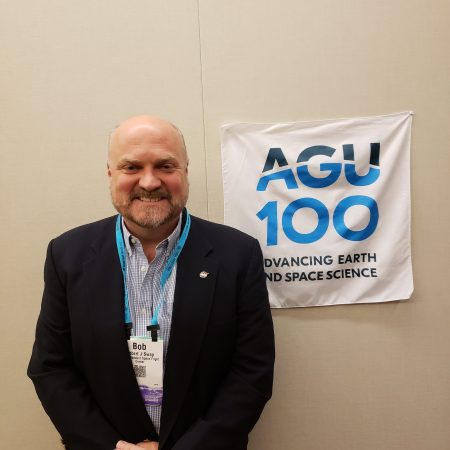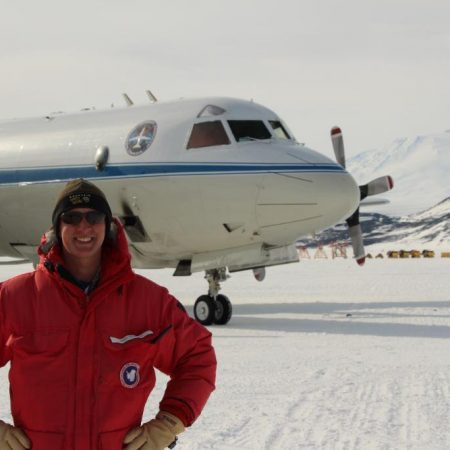Refine
Date Range Clear
Recorded by Clear
Keywords Clear
- Long Beach California 61
- Community 24
- Concordia 61
- Concordia College 61
- Army National Guard 61
- Concordia College Moorhead 61
- Brutal 61
- Rodney King Trial 61
- Curfew 61
- Scary 61
- Advice 29
- #womeninscience 29
- #AGU100 61
- #AGU 59
- discovery 28
- NASA 24
- Collaboration 9
- collobration 9
- data 9
- career path 8
- changing planet 8
- planetary 8
- Mentor 6
- 217 more
Partnerships Clear
Organizations Clear
- American Geophysical Union 18
- American Geopysical Union 2
- National Aeronautics and Space Administration 2
- The American Geophysical Union 2
- Ameican Geophysical Union 1
- 11 more
Places Clear
- Washington DC 67
- AGU 2018 Fall Meeting 56
- AGU Fall Meeting Program Commitee 3
- AGU 100 Fall meeting 1
- American Geophysical Union 1
- 9 more
Languages Clear
Initiatives Clear
Casey spoke with her good friend, Courtney, about living with invisible disabilities. Casey has myalgic encephalomyelitis (ME), formerly known as chronic fatigue syndrome, which was triggered by a COVID infection in 2021. In addition to ME and Long COVID, Casey...
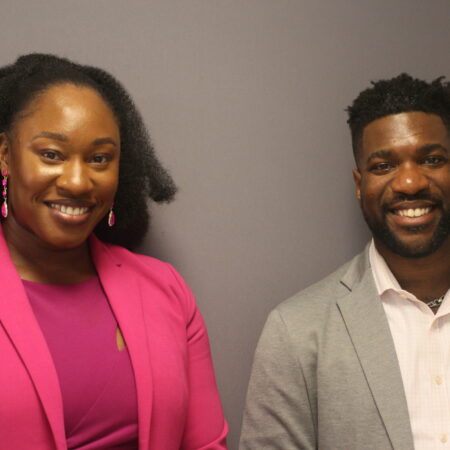
Colleagues Bryan Buckley (34) and Olivia Umoren (29) discuss growing up as the children of immigrants and their careers in health equity.
Mara Jill Herman (Astoria) interviews her mom Emmi S. Herman (Searingtown) on Mother's Day, 5.9.2021. They chat about community, collaboration, vaccine awareness, and legacy.
How rare is it for women to be lead investigators on robotic space missions? This conversation featured two of the very first women to hold that distinction. So, of course, they’re close friends. The lead investigator role requires bringing a...
Laurie Brown, Professor Emeritus at the University of Massachusetts, has been a member of AGU for 46 years. She shares her observations on the growth of paleomagnetism at AGU and its importance in helping address climate. She also discusses how...
Kathy Cashman, professor at the University of Bristol, worked on the 1980 eruption at Mount St. Helen’s in Washington, one of the first monitored volcanic eruptions in the world (“it was a ‘who’s who’ of volcanology and geology”). Thanks to...
On the football field, Bob Swap learned to read the field, look at the play, assess the information, and move forward. Today, those same skills help him manage over 250 scientists at the Goddard Space Flight Center with NASA’s Pandora...
How did Biogeoscience become a recognized field of study, with its own journal and sections at AGU? What obstacles did its organizers have to overcome in order to make it a viable field and a welcome presence at AGU? In...
James Butler has studied atmospheric chemistry, ozone depletion for over thirty years. Now, as the Director of NOAA’s global monitoring, he helps direct research into the hole in the ozone layer and climate change. He knows firsthand that we have...
As a mission scientist with NASA's Operation IceBridge, John Sonntag has been keeping an eye on the polar ice caps for the better part of 20 years. The good news is, he is very well-versed in the science and analysis...
